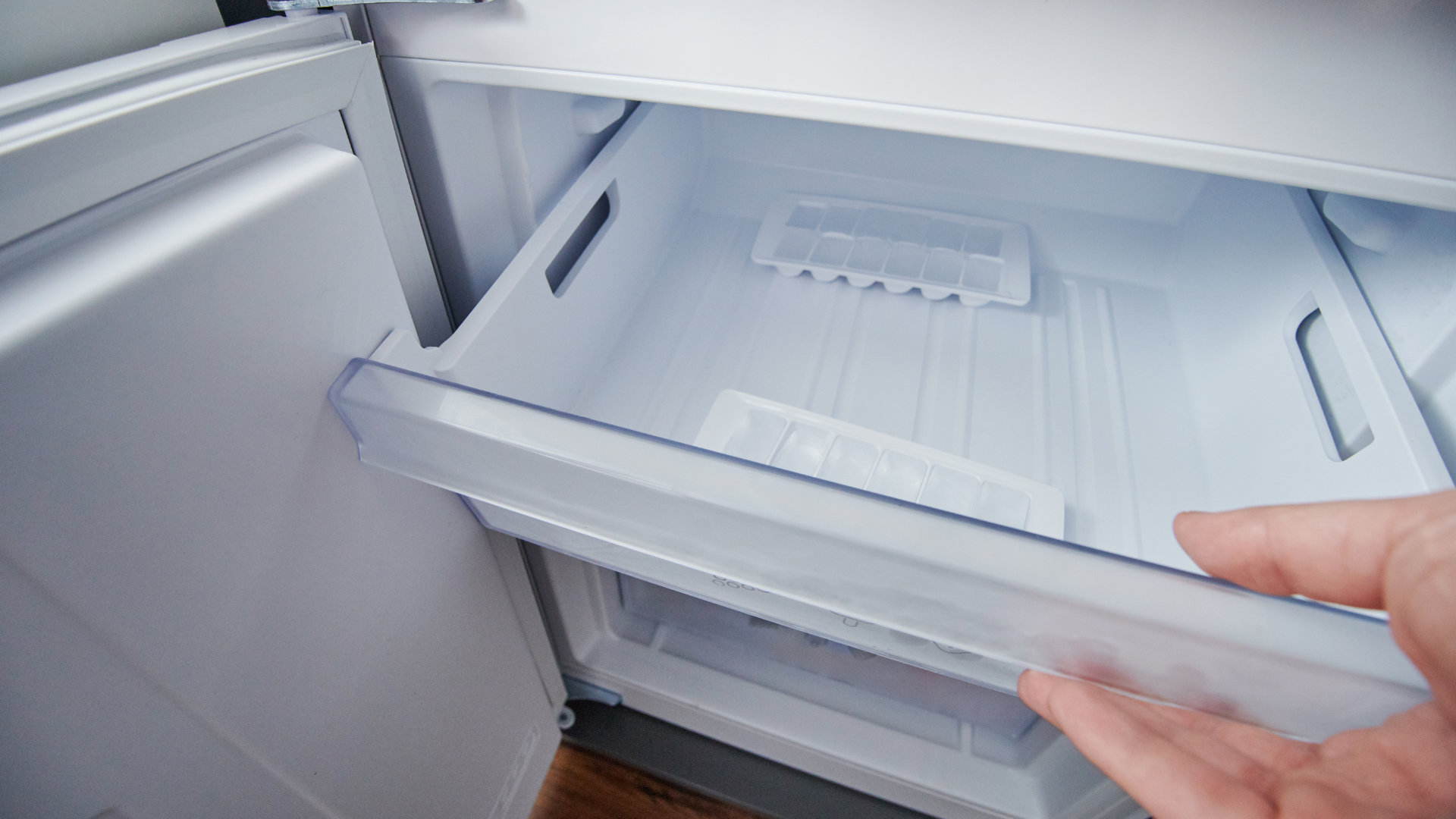

Articles
Why Is My Freezer Leaking Water
Modified: February 20, 2024
Discover articles on why your freezer may be leaking water and find solutions to fix the issue. Ensure your freezer is functioning properly with these helpful tips.
(Many of the links in this article redirect to a specific reviewed product. Your purchase of these products through affiliate links helps to generate commission for Storables.com, at no extra cost. Learn more)
Introduction
Having a freezer at home is a convenient way to store and preserve food for longer periods. It allows us to keep our groceries fresh and reduces waste. However, we often encounter unexpected issues with our freezers, one of which is water leakage. It can be quite alarming to find water pooling around our freezer or leaking onto the floor.
In this article, we will explore the common causes of freezer leaks, how to diagnose the problem, and steps to fix and prevent it from happening again. By understanding the underlying reasons for freezer leaks, you can take appropriate measures to address the issue and maintain the optimal functioning of your appliance.
Key Takeaways:
- Regular maintenance, such as cleaning the drain line, can prevent common causes of freezer leaks like clogged drain lines and excessive frost buildup, ensuring optimal freezer performance and reducing the risk of water leakage.
- Diagnosing and addressing freezer leaks promptly, including fixing damaged drain lines and door seals, can prevent further damage and minimize potential food spoilage, maintaining the efficiency of the appliance and avoiding inconvenience.
Read more: Why Is My Water Pump Leaking
Common Causes of Freezer Leaks
A leaking freezer can be caused by various factors. Understanding the common causes can help you identify the issue and take appropriate action. Here are some of the most common culprits:
- 1. Damaged or clogged drain line: The drain line in your freezer is responsible for carrying away excess moisture. Over time, it can become clogged with debris or damaged, leading to water leakage. Regular maintenance, such as cleaning the drain line, can help prevent this issue.
- 2. Faulty or improperly installed water supply line: Some freezers come equipped with a water supply line for features like ice makers or water dispensers. If this line is improperly installed or damaged, it can result in water leaks. Inspect the water supply line and ensure it is securely connected and not damaged.
- 3. Excessive frost buildup: Accumulation of frost inside the freezer can lead to water leakage. This can happen if the freezer door is not properly sealed or if the automatic defrost system is not functioning correctly. Excessive frost can melt and turn into water, leaking out of the freezer. Regularly defrosting and monitoring the frost buildup can alleviate this problem.
- 4. Door seal issues: A faulty or worn-out door seal can allow warm air to enter the freezer, causing condensation and water leakage. Check the door seal for any signs of damage or wear and tear. If necessary, replace the seal to ensure a proper and tight closure.
Identifying the specific cause of the freezer leak is crucial to implement the appropriate solution. Once you have determined the cause, you can proceed with diagnosing the issue and taking the necessary steps to fix it.
How to Diagnose a Freezer Leak
Diagnosing a freezer leak involves a systematic approach to identify the root cause of the problem. Here are some steps you can follow to diagnose the issue:
- 1. Checking for water puddles or ice formations: Start by inspecting the area around the freezer for any water puddles or ice formations. This will give you a clear indication that there is an ongoing leakage issue.
- 2. Inspecting the drain line: Locate the drain line at the back of the freezer and examine it for any signs of clogs or damage. A clogged or damaged drain line can cause water to back up and leak out. If necessary, clean the drain line or seek professional assistance to fix any issues.
- 3. Examining the water supply line: If your freezer has a water supply line connected for features like ice makers or water dispensers, inspect this line for any leaks or damages. Ensure it is properly connected and not causing any water leakage. Replace or fix the water supply line if needed.
- 4. Evaluating the frost buildup: Excessive frost buildup inside the freezer can lead to water leakage. Check for any excessive frost or ice formations on the walls and surfaces of the freezer. This can indicate a problem with the automatic defrost system or a faulty freezer door seal.
- 5. Testing the door seals: Inspect the door seals of the freezer for any signs of damage or wear. A faulty door seal can allow warm air to enter, leading to condensation and water leakage. Test the door seal by closing a piece of paper in the door. If you can pull it out easily, it may be a sign of a compromised seal that needs replacement.
By following these steps, you can effectively diagnose the cause of your freezer leak. Once you have identified the specific issue, you can proceed with appropriately fixing it to avoid further damage and inconvenience.
Check the defrost drain to see if it’s clogged. If it is, try flushing it with hot water and a mixture of baking soda and vinegar to clear the blockage.
Fixing Freezer Leaks
Once you have identified the cause of the freezer leak, it’s important to address the issue promptly to prevent further damage and minimize potential food spoilage. Here are some common steps to fix freezer leaks:
- 1. Clearing the clogged or damaged drain line: If the freezer leak is due to a clogged or damaged drain line, start by disconnecting the freezer from the power source. Locate the drain line at the back of the freezer and carefully remove any debris or blockages. Use warm water or a mixture of water and vinegar to flush out the drain line. If the drain line is damaged, consider replacing it with a new one to ensure proper drainage.
- 2. Replacing or fixing the water supply line: If the water supply line is the culprit behind the leak, turn off the water supply before proceeding. Inspect the line for any leaks or damages. If you notice any issues such as cracks or leaks, replace the water supply line with a new one. Make sure to properly install and secure the line to prevent future leaks.
- 3. Defrosting the excessive frost buildup: Excessive frost buildup can cause water leakage from the freezer. To address this, empty the freezer and turn off the power. Allow the frost to naturally thaw or use a hairdryer on a low heat setting to speed up the process. Once the frost has melted, wipe away any excess moisture and dry the interior of the freezer. Restart the freezer and monitor for any leaks.
- 4. Repairing or replacing faulty door seals: A faulty or worn-out door seal can result in air leaks and condensation. If the door seal is damaged, consider replacing it with a new one. Ensure that the new seal is properly aligned and snugly fits against the freezer door. Test the seal by closing the door and checking for any gaps or resistance. Adjust or replace the seal as necessary to maintain a tight seal.
Remember to always follow manufacturer guidelines for repair and replacement procedures. If you’re unsure or uncomfortable with fixing the issue yourself, it’s recommended to seek assistance from a professional appliance repair technician.
By addressing the root cause of the freezer leak and implementing the necessary fixes, you can prevent further water leakage and ensure the optimal performance of your freezer.
Preventive Measures to Avoid Freezer Leaks
Prevention is always better than dealing with the inconvenience of a freezer leak. By taking proactive measures, you can reduce the likelihood of encountering this problem in the future. Here are some preventive measures to consider:
- 1. Regularly clean and maintain the drain line: The drain line in your freezer can easily become clogged with debris over time. To prevent potential clogs and leaks, it’s important to regularly clean and maintain the drain line. This can be done by flushing it with warm water or a mixture of water and vinegar to remove any buildup.
- 2. Ensure proper installation of water supply line: If your freezer has a water supply line for features like ice makers or water dispensers, ensure it is properly installed. Check for leaks or loose connections regularly to avoid water leakage. If you notice any issues, tighten the connections or consider seeking professional help for proper installation.
- 3. Defrost the freezer periodically: Excessive frost buildup can lead to water leakage. To prevent this, defrost your freezer periodically. Follow the manufacturer’s instructions on how to defrost your specific model. This will help maintain optimal freezer performance and prevent frost-related leaks.
- 4. Check and maintain door seals regularly: The door seals of your freezer play a crucial role in keeping the cold air in and warm air out. Regularly inspect the door seals for any signs of damage or wear. Clean them regularly with mild detergent and warm water to remove any debris or residue. Ensure that the door seals are properly aligned and tightly seal the freezer door.
By implementing these preventive measures, you can minimize the chances of experiencing freezer leaks and ensure the long-lasting performance of your appliance. Regular maintenance and attentive care can go a long way in preventing leaks and maintaining the efficiency of your freezer.
Read more: Why Is My Kettle Leaking Water
Conclusion
Dealing with a freezer leak can be a frustrating experience, but understanding the common causes and taking appropriate action can help mitigate the issue. By diagnosing the problem and implementing the necessary fixes, you can prevent further damage and maintain the optimal functioning of your freezer.
Some of the common causes of freezer leaks include damaged or clogged drain lines, faulty water supply lines, excessive frost buildup, and door seal issues. By checking for water puddles, inspecting the drain and water supply lines, evaluating frost buildup, and testing door seals, you can identify the root cause of the leak.
To fix a freezer leak, you might need to clear clogged drain lines, replace or fix water supply lines, defrost excessive frost buildup, and repair or replace faulty door seals. Following manufacturer’s guidelines and seeking professional assistance, if needed, ensure proper repair and maintenance.
Preventive measures are essential to avoid future freezer leaks. Regularly cleaning and maintaining the drain line, ensuring proper installation of water supply lines, periodically defrosting the freezer, and checking and maintaining door seals can significantly reduce the chances of leaks occurring.
In conclusion, being aware of the common causes, diagnosing the problem correctly, and taking preventive measures are key in dealing with freezer leaks. By addressing the issue promptly and implementing necessary fixes, you can enjoy the benefits of a well-functioning freezer without the inconvenience of water leakage.
Frequently Asked Questions about Why Is My Freezer Leaking Water
Was this page helpful?
At Storables.com, we guarantee accurate and reliable information. Our content, validated by Expert Board Contributors, is crafted following stringent Editorial Policies. We're committed to providing you with well-researched, expert-backed insights for all your informational needs.
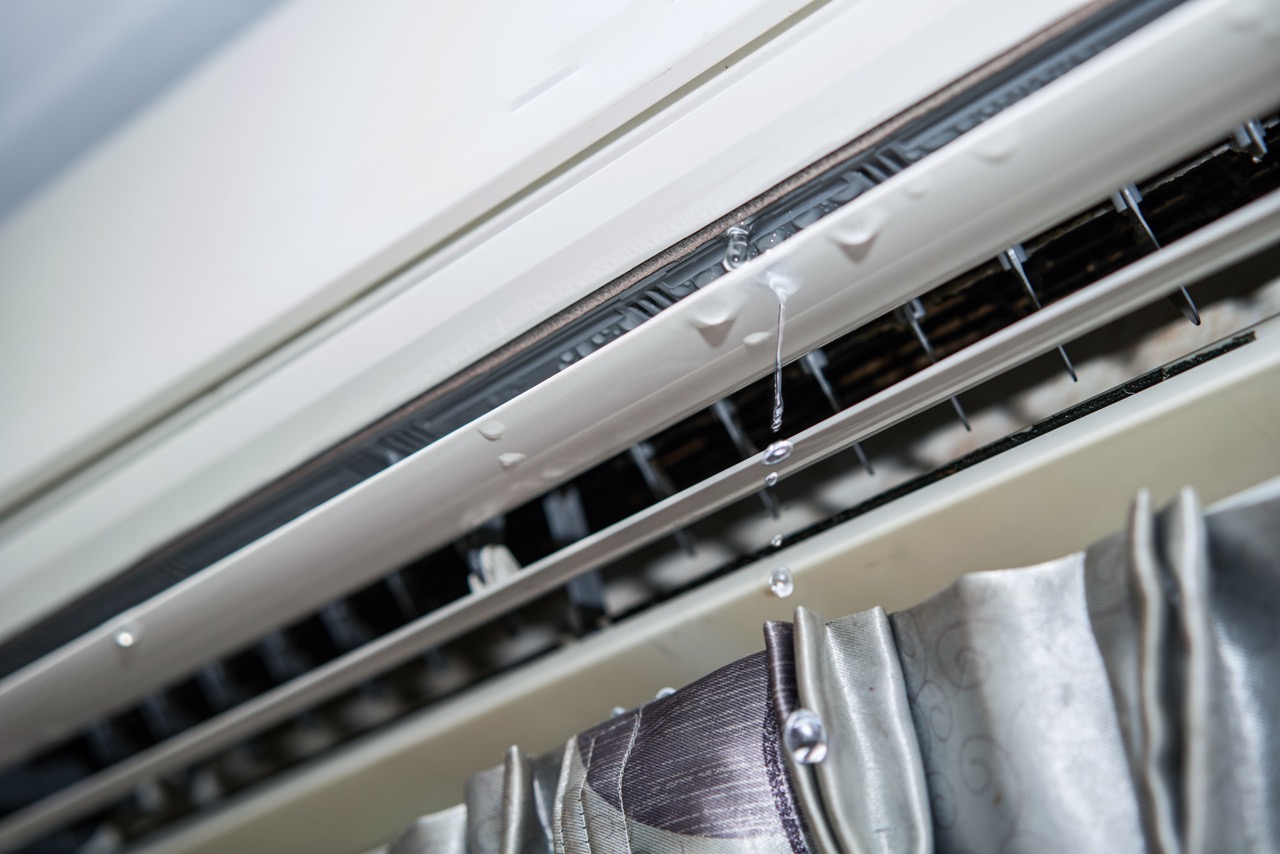
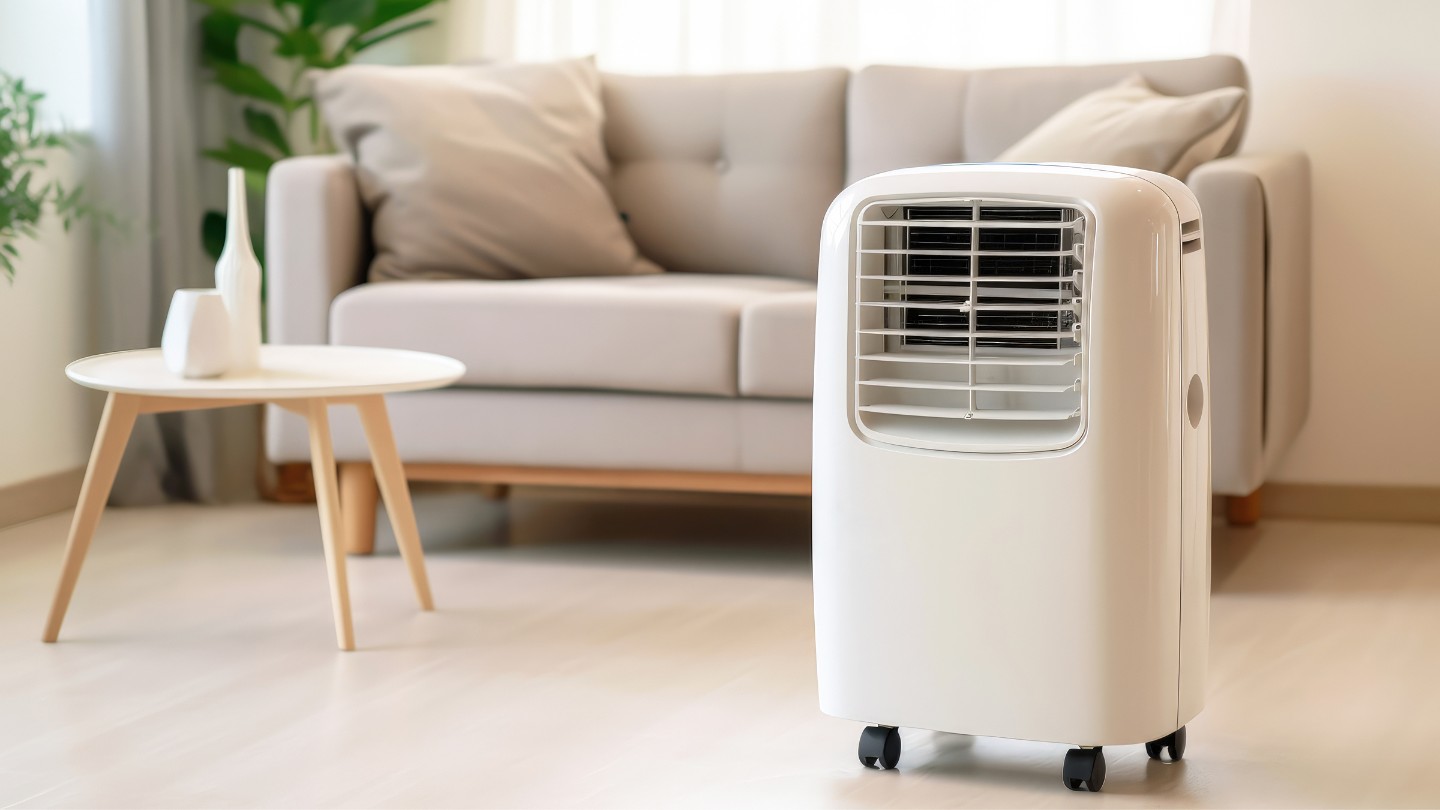
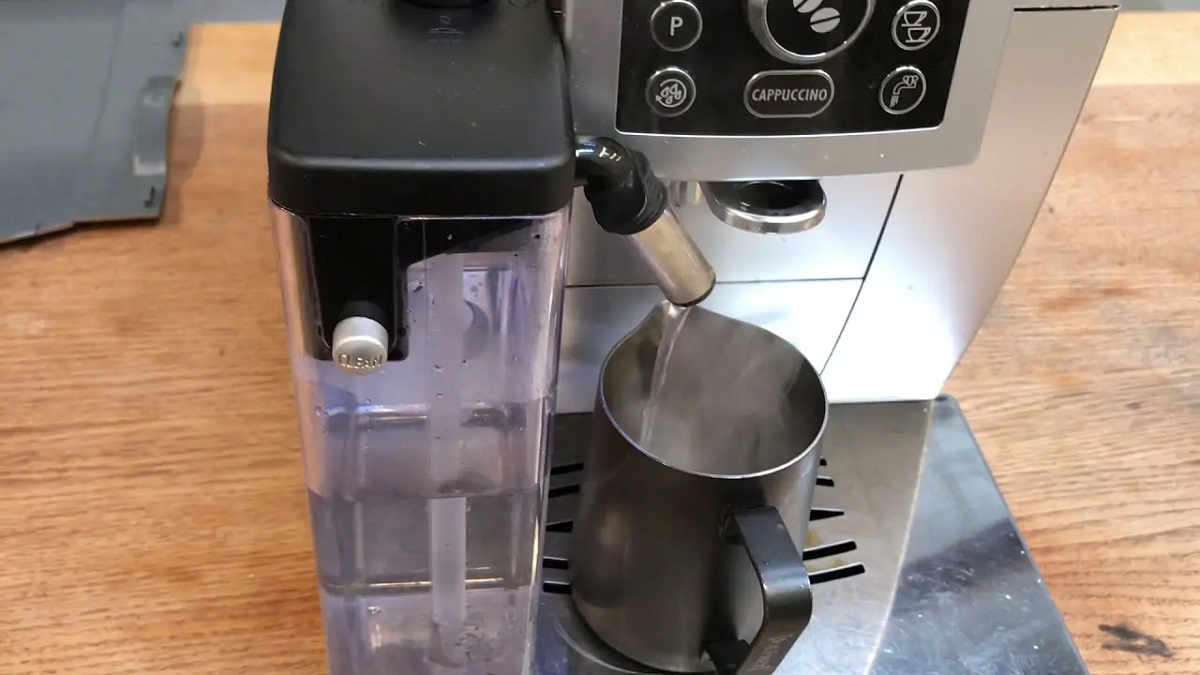
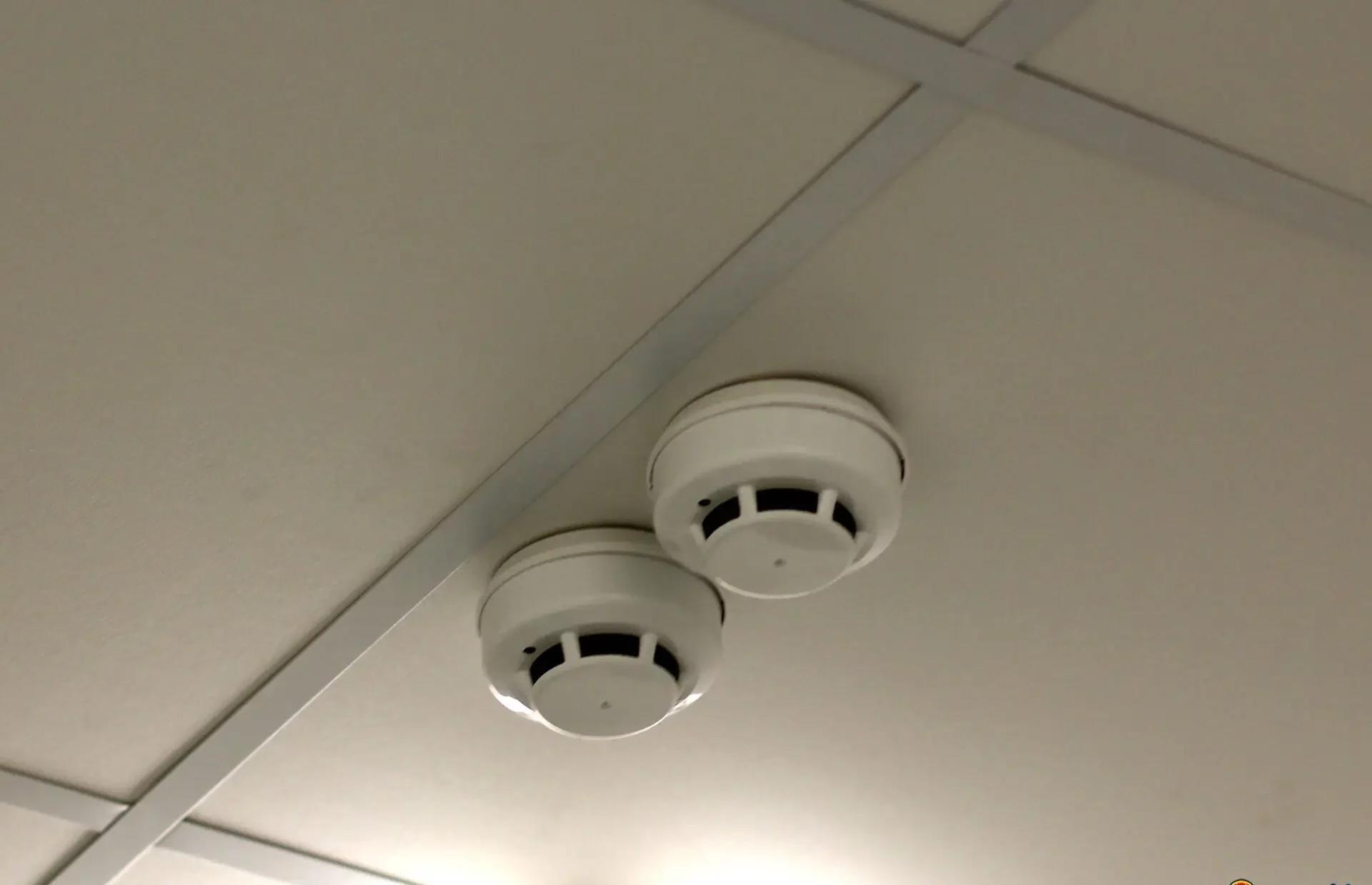
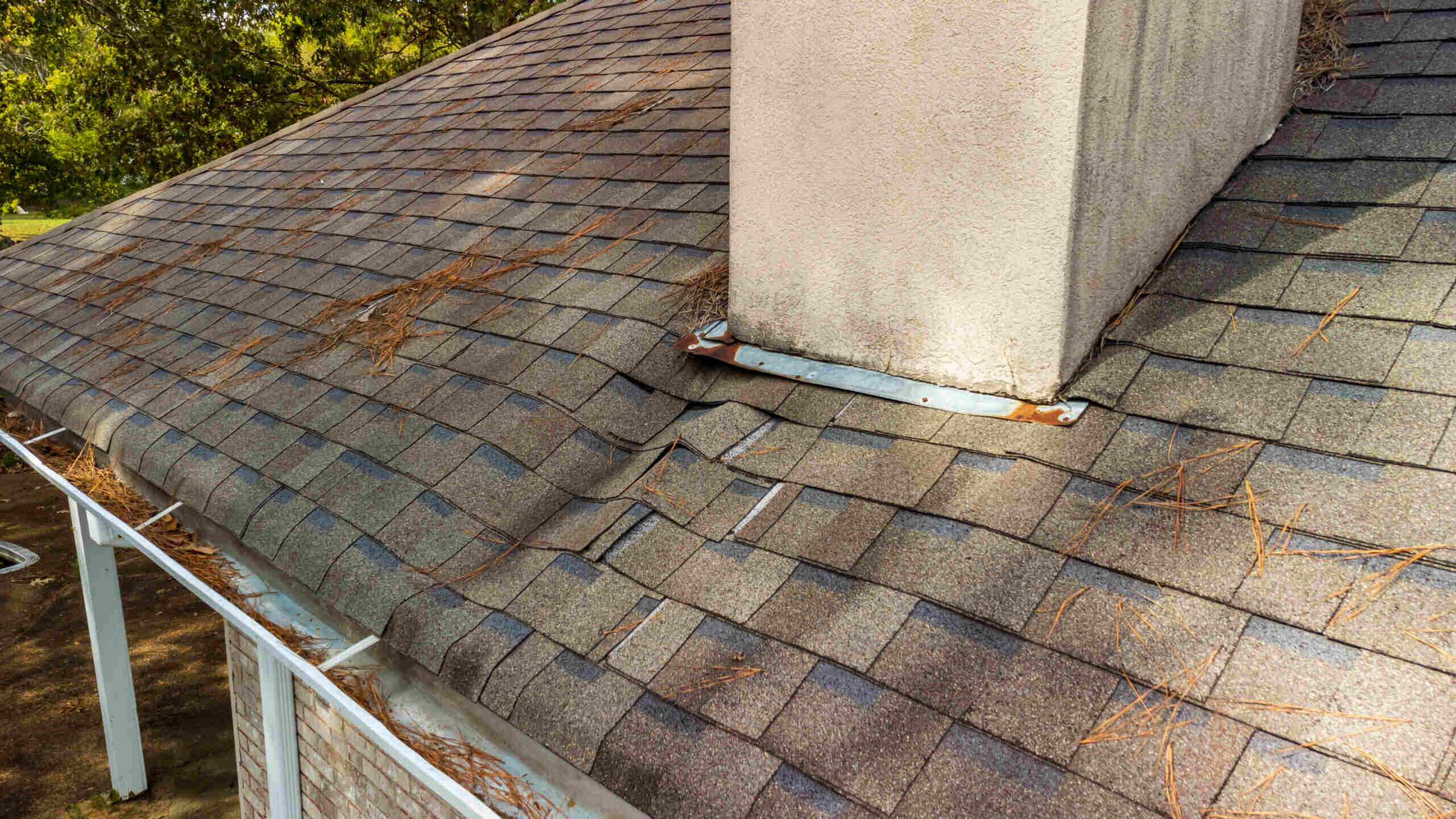
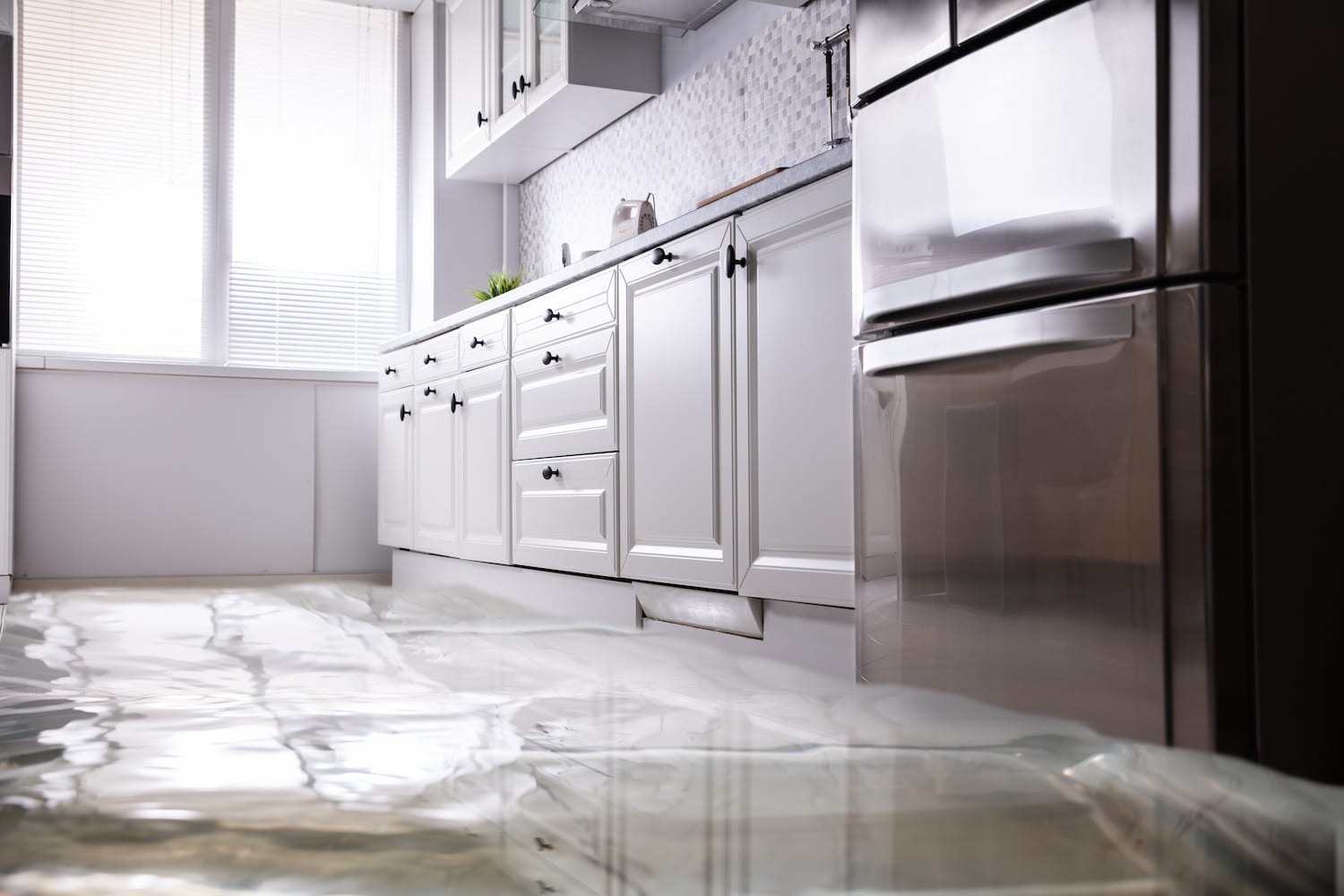

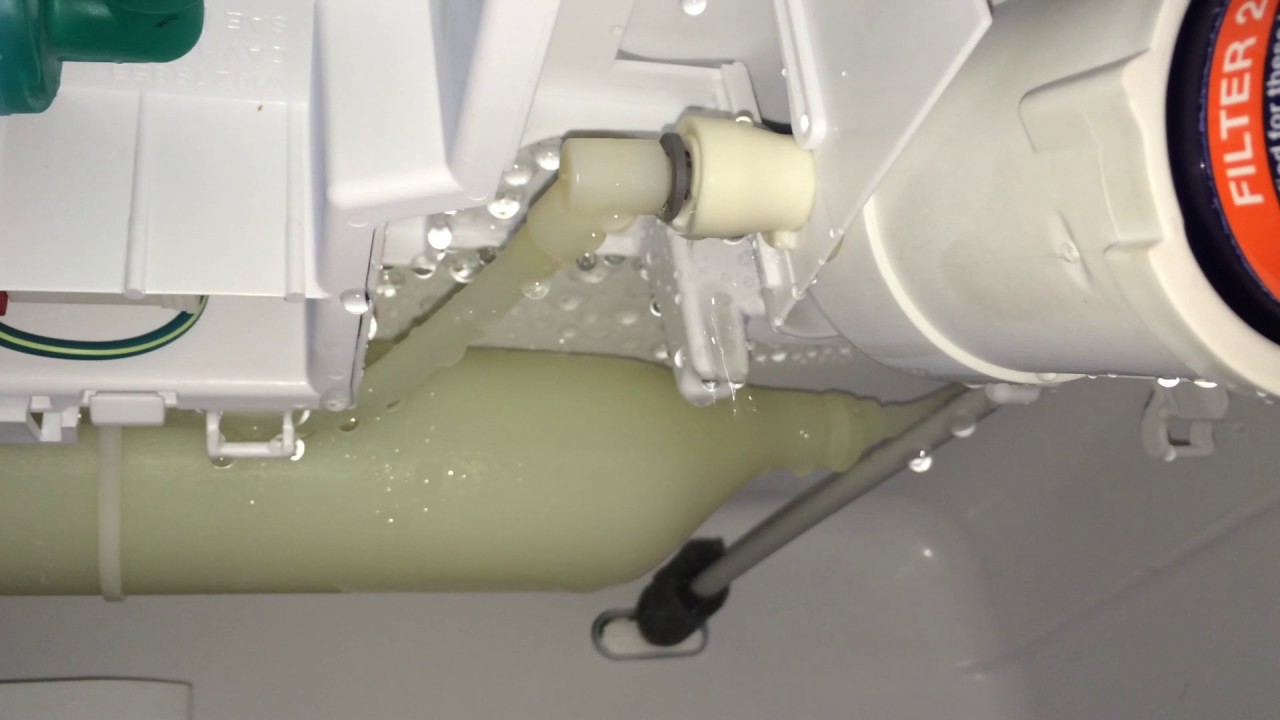
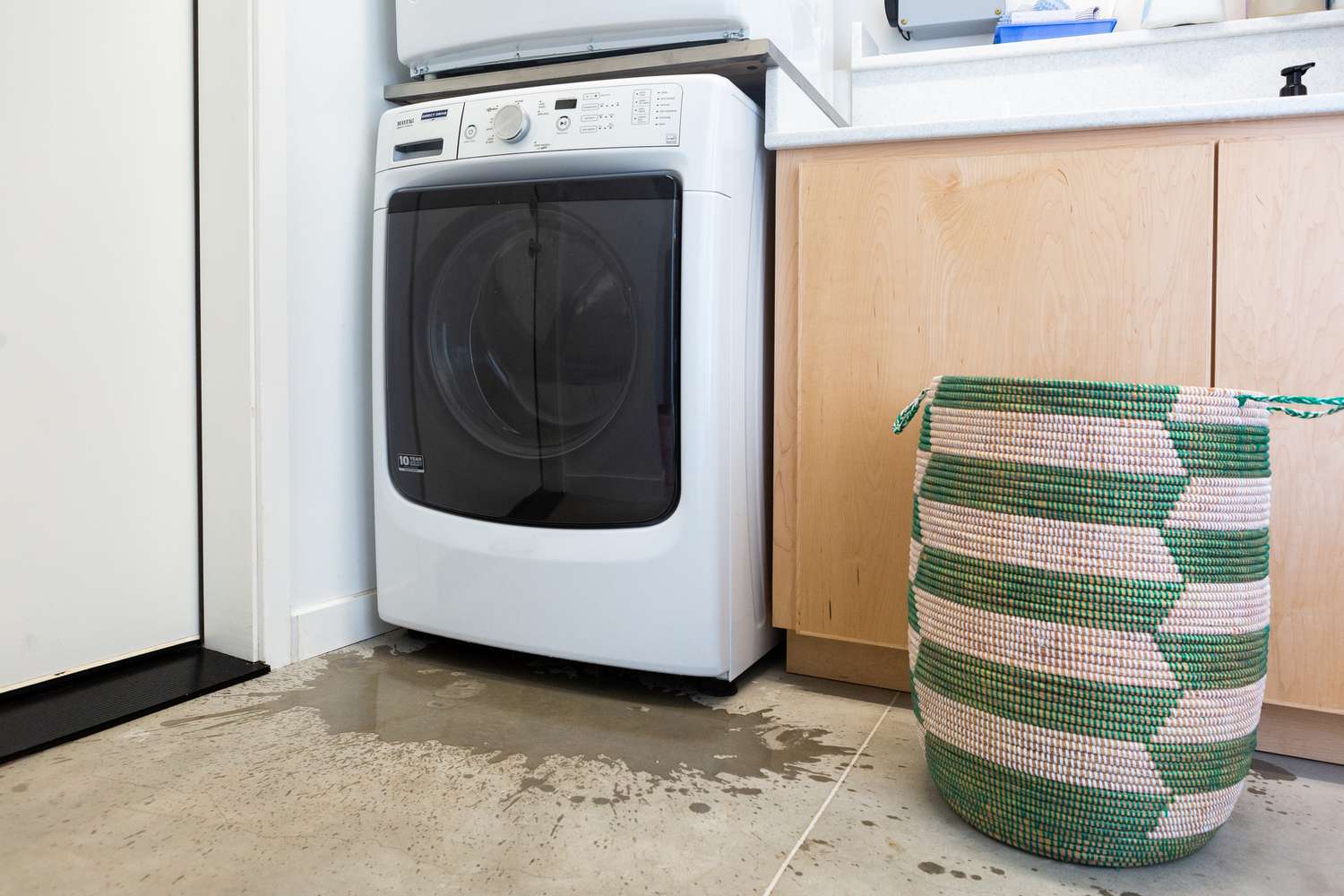
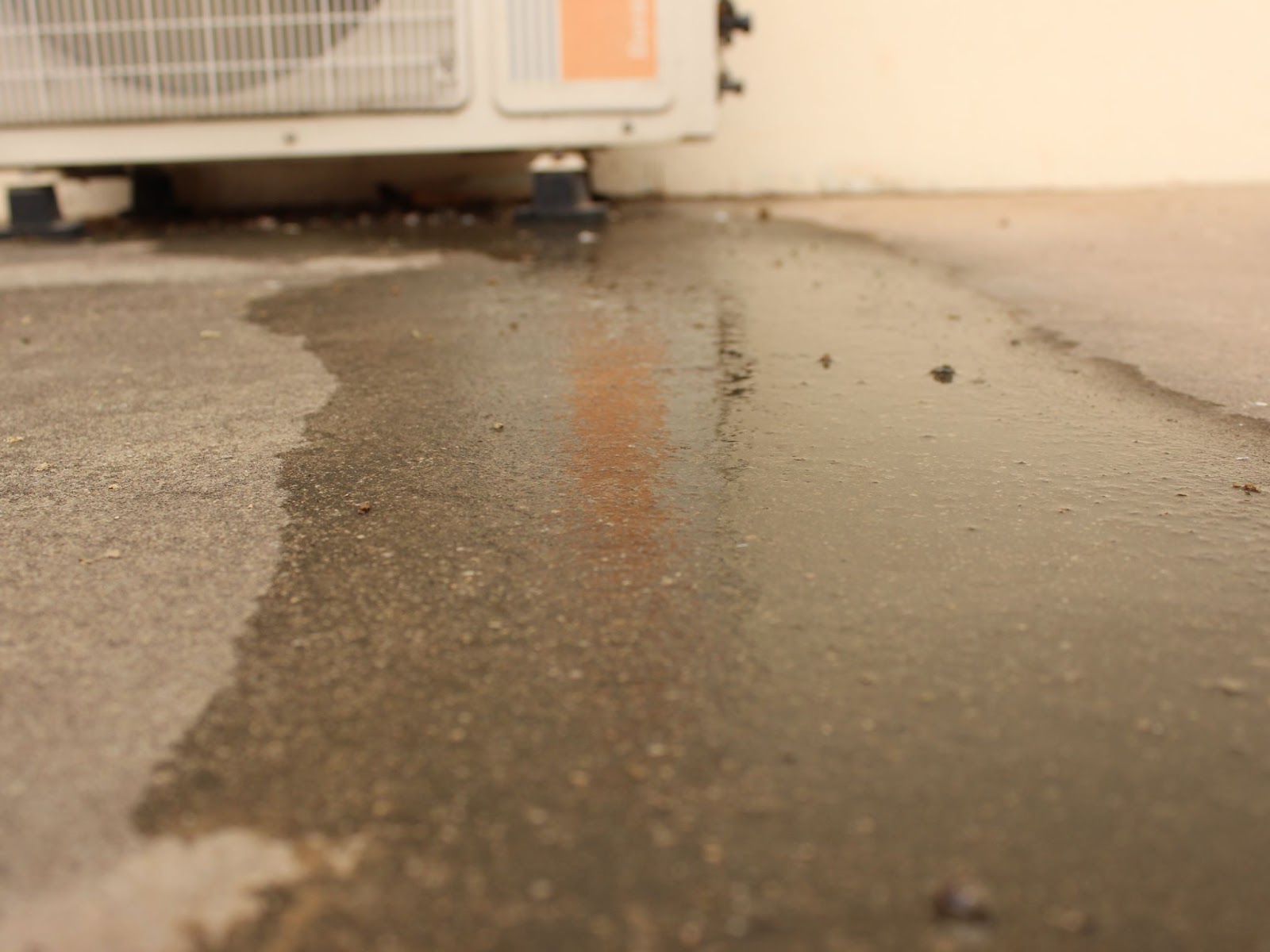
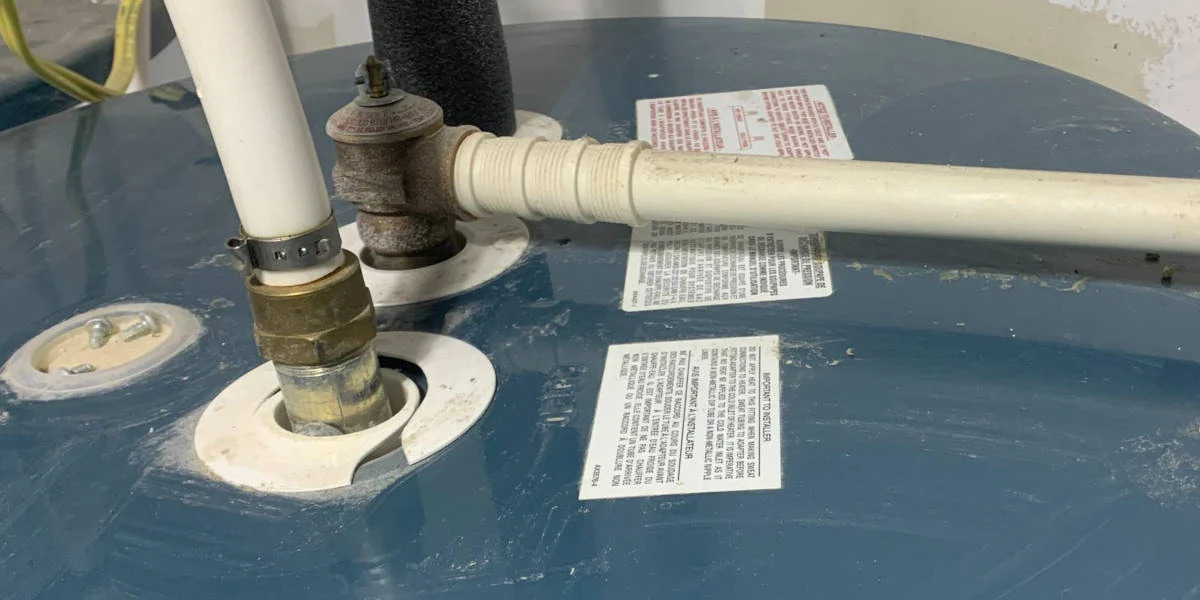
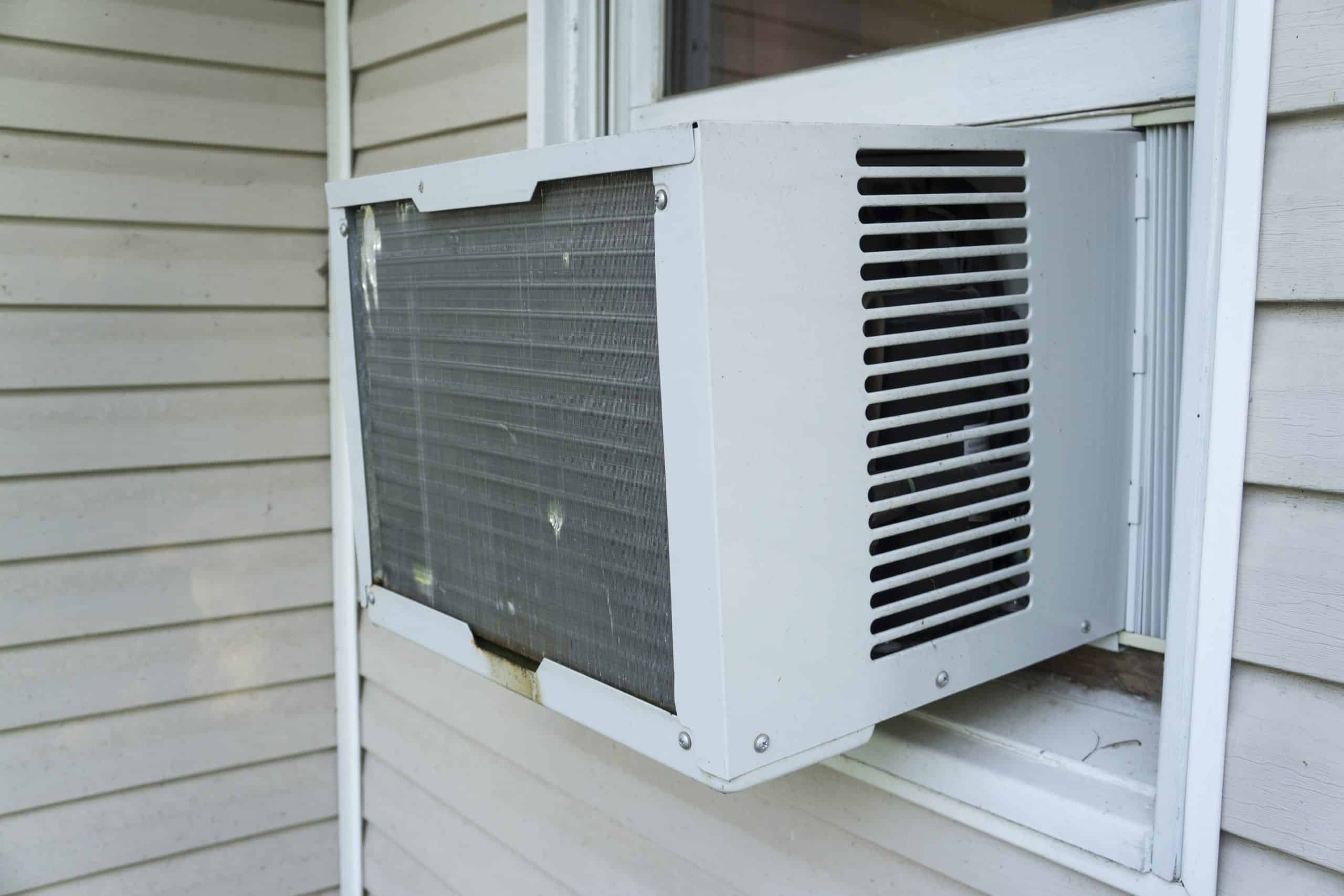
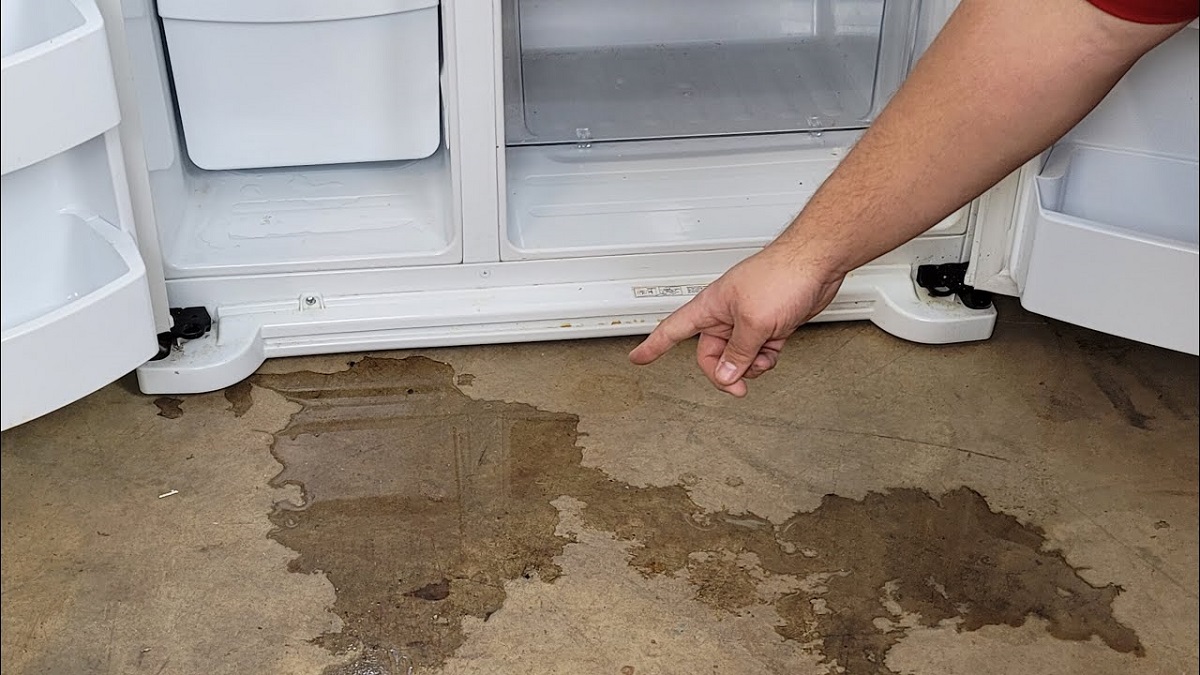
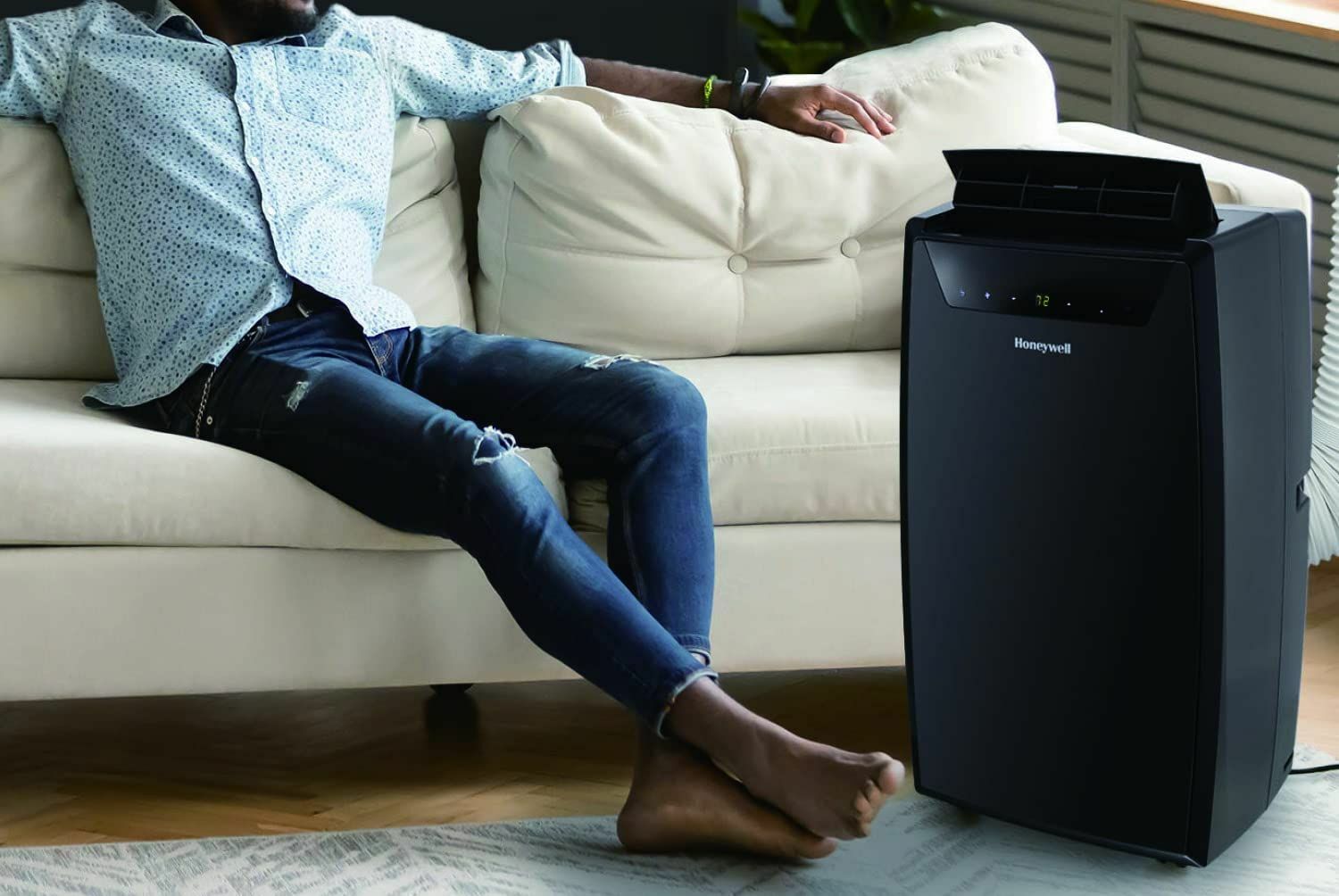

0 thoughts on “Why Is My Freezer Leaking Water”